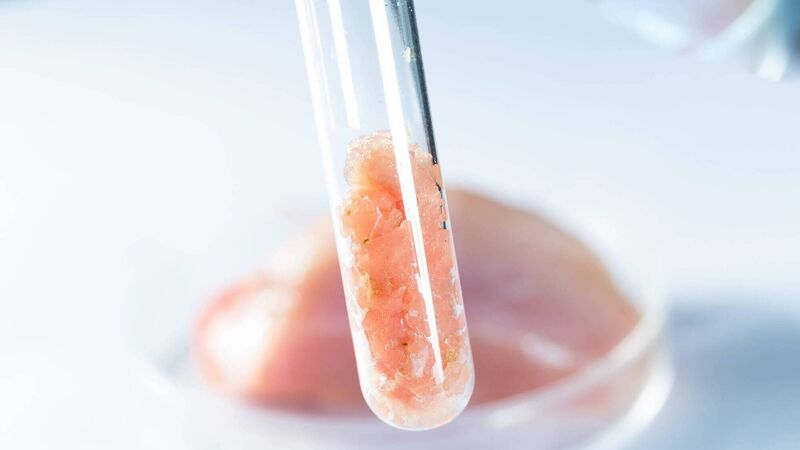Lab-meat dubbed one of 2023's biggest technology failures

The Review found thin layers of cells were then being manually scooped up and pressed into chicken pieces. File image.
It has been a difficult year for alternative proteins, topped off by a Massachusetts Institute of Technology Review assessment that laboratory-grown meat is one of the worst technology failures of 2023.
The billions per year ploughed by investors into the alternative protein sector since 2018 have shrank, and might fall further after the world-renowned MIT Technology Review suggested that "cultured" or "cultivated" meat is an example of the spirit of innovation pulling ahead of reality, sometimes with unpleasant consequences, such as finding convoluted ways to keep hopes alive.










